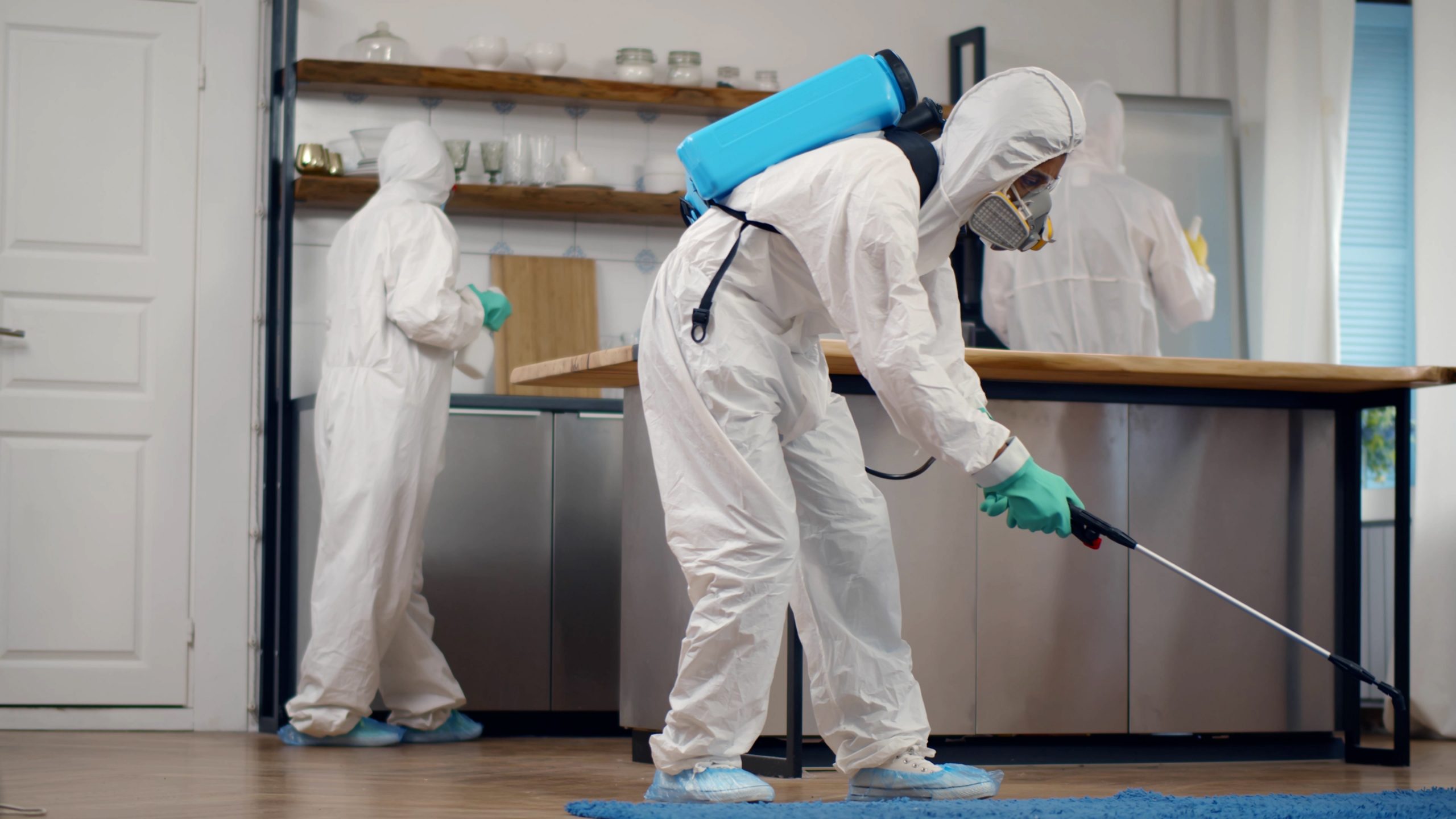Snakes are a common sight in many areas around the world. While some species of snakes are harmless and even beneficial for the ecosystem, others can pose a danger to humans and pets. For this reason, pest control for snakes is essential. In this article, we will discuss what works and what doesn’t when it comes to controlling snake populations. The pest control pittsburgh professionals are trained to identify and treat all types of pest problems, from rodents to insects. From habitat modification to the use of snake repellents and professional pest control services, we will explore the most effective methods for keeping snakes at bay.
Understanding Snakes
Before we dive into pest control methods, it is essential to understand the behavior of snakes. Snakes are cold-blooded reptiles that require warmth to regulate their body temperature. As a result, they are often found in warm and sunny areas such as gardens, yards, and sun-soaked rocks. Snakes are also attracted to areas with a good source of food such as rodents, insects, and frogs. Understanding these habits can help in implementing effective pest control measures.
What Works
Habitat Modification
One of the most effective ways of controlling snake populations is by modifying their habitat. This can involve removing potential hiding spots such as piles of leaves, debris, and rocks. Sealing off gaps and holes in the home and garage can also help prevent snakes from entering the premises. Keeping the lawn mowed and the landscape tidy can also deter snakes from inhabiting the area.
Snake Repellents
Another effective method of pest control for snakes is the use of snake repellents. These are chemical or natural substances that deter snakes from entering an area. Some common natural snake repellents include cinnamon oil, clove oil, and cedar oil. Chemical snake repellents usually contain naphthalene, sulfur, or ammonia. It is important to note that while these repellents are effective, they should be used with caution and according to the manufacturer’s instructions.
Traps and Capture
Trapping and capturing snakes can also be an effective pest control method. This involves using traps such as glue boards or snap traps to capture the snakes and remove them from the premises. It is important to note that this method should only be used by professionals as it can be dangerous for both the snake and the person handling the trap.
Professional Pest Control
Professional pest control services can also be effective in controlling snake populations. These services involve the use of chemical treatments and fumigation to remove snakes from the area. This method should only be used as a last resort and by licensed professionals.
What Doesn’t Work
Snake Repellent Plants
There is a common belief that certain plants such as marigolds, lemongrass, and wormwood can repel snakes. However, there is little scientific evidence to support this claim. While planting these plants may help create a pleasant environment, it is unlikely to deter snakes.
Mothballs
Mothballs are a common household item believed to repel snakes. However, there is no scientific evidence to support this claim. Additionally, mothballs contain harmful chemicals that can be dangerous for pets and humans.
Home Remedies
There are many home remedies such as using garlic or sulfur to repel snakes. However, there is no scientific evidence to support these claims. Additionally, using home remedies can be dangerous and may not be effective in controlling snake populations.
Conclusion
Controlling snake populations can be a challenging task for homeowners. However, by understanding snake behavior and implementing effective pest control methods, it is possible to reduce the risk of snake encounters. Habitat modification, snake repellents, trapping and capture, and professional pest control services are all effective methods of controlling snake populations. However, methods such as snake repellent plants, mothballs, and home remedies are not supported by scientific evidence and may not be effective.

